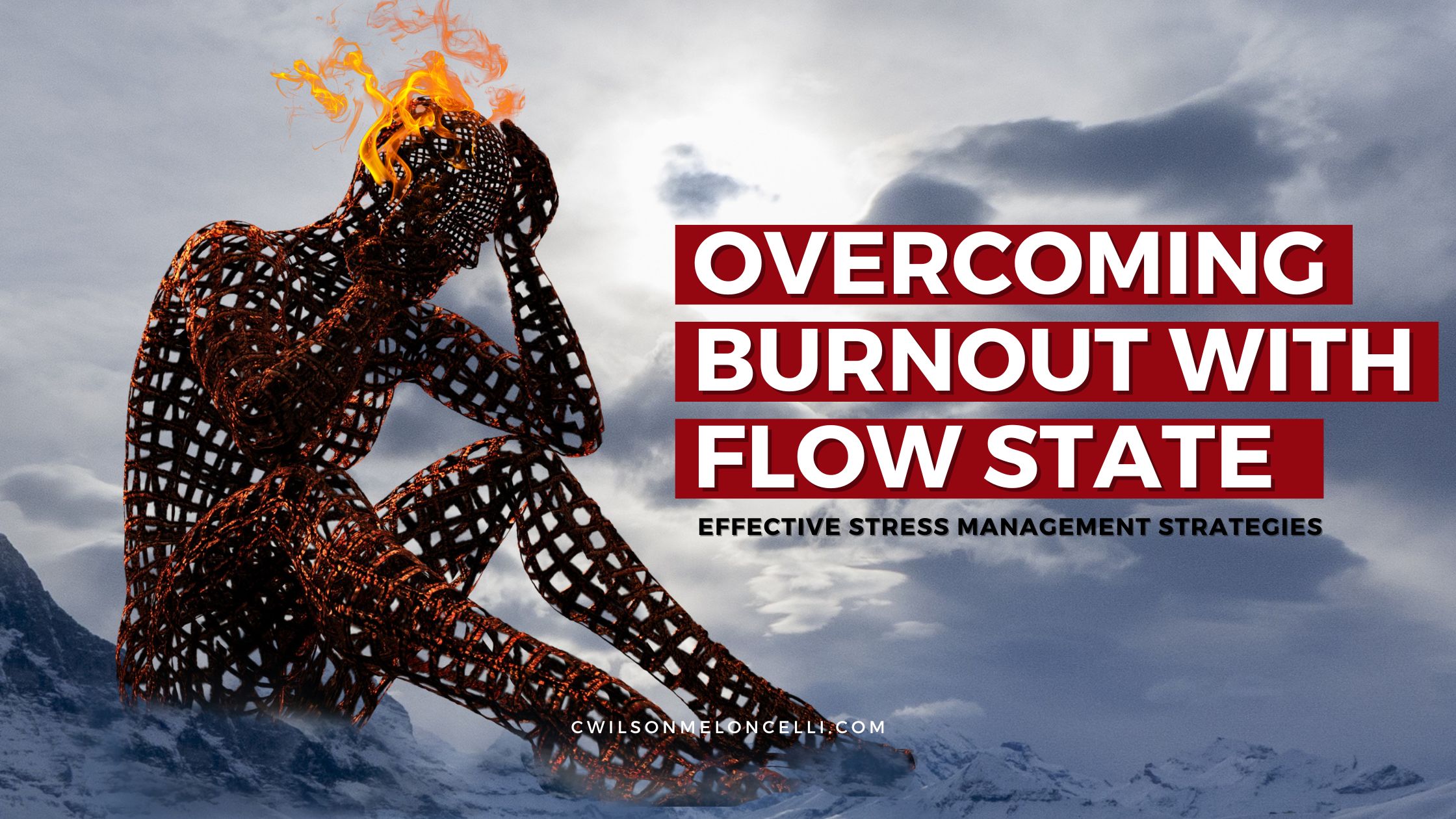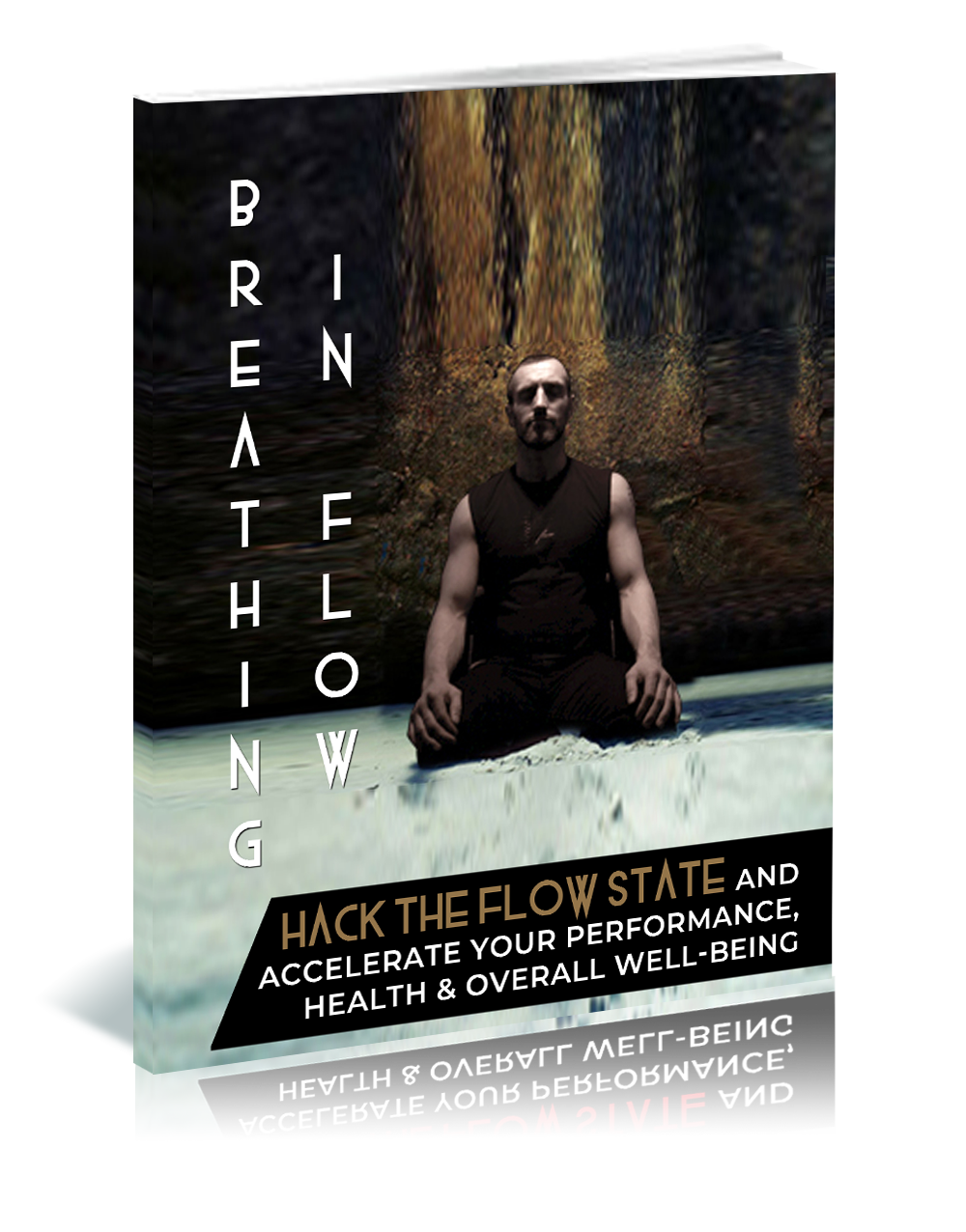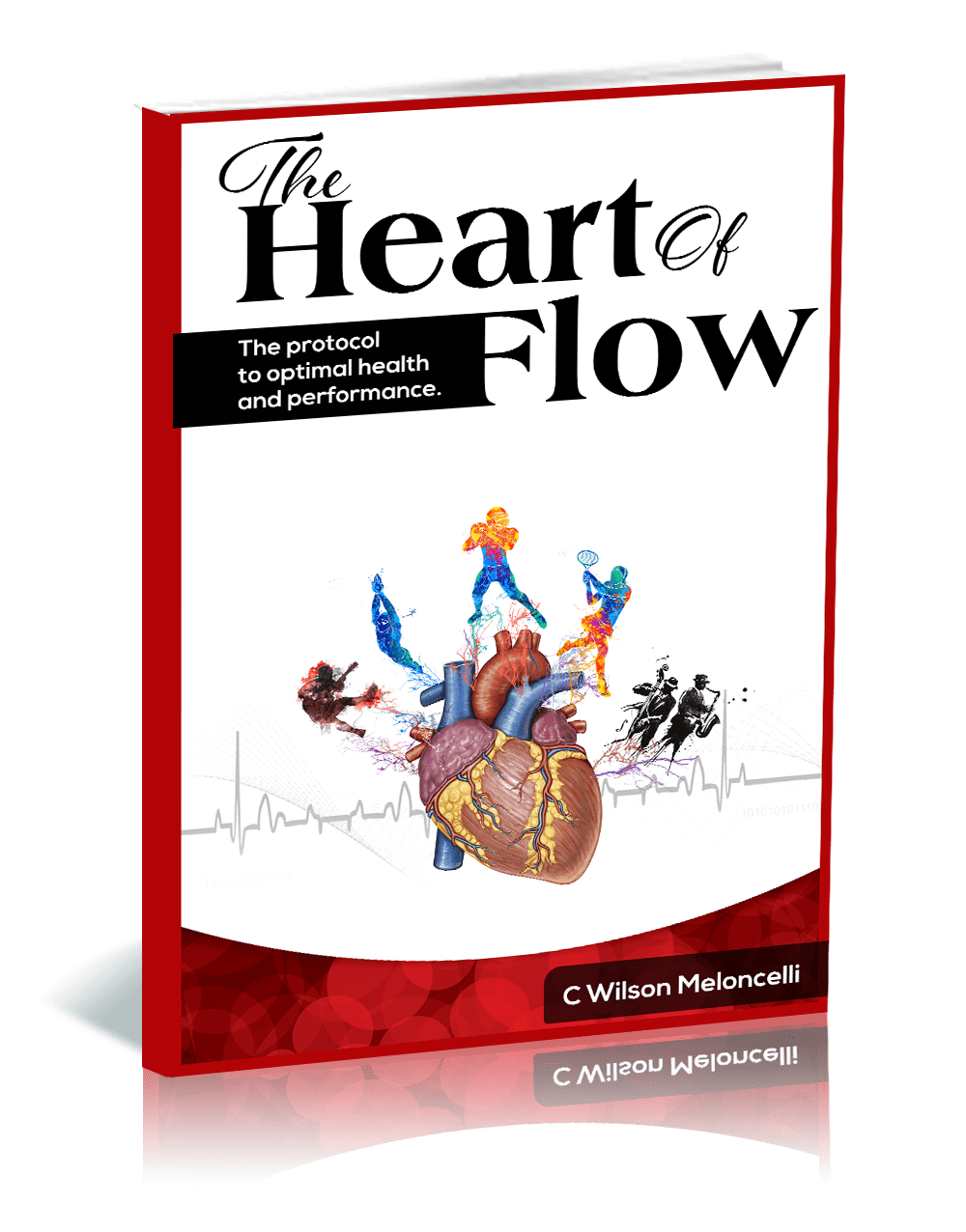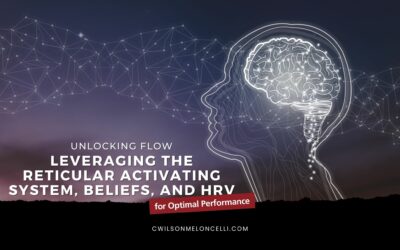
In the high-stress environments of modern work and life, burnout has become a pervasive issue. Characterized by emotional exhaustion, reduced performance, and a lack of motivation, burnout can significantly impact one's quality of life. However, the principles of flow state, a concept popularized by psychologist Mihaly Csikszentmihalyi, offer a promising approach to managing and preventing burnout. This article explores strategies for using flow state techniques to combat burnout effectively.
Understanding Burnout and Flow State
Burnout arises from chronic workplace stress that has not been successfully managed. It leads to feelings of energy depletion, increased mental distance from one’s job, and reduced professional efficacy.
Flow state, on the other hand, is a mental state in which a person is fully immersed in an activity, experiencing a heightened focus, and deriving enjoyment from the activity. Csikszentmihalyi describes it as "being completely involved in an activity for its own sake. The ego falls away. Time flies."
Strategies for Using Flow State to Combat Burnout
- Identify Flow-Inducing Activities: Recognize activities that naturally engage you and induce a state of flow. These could be hobbies or certain aspects of your work that you find deeply rewarding and absorbing.
- Create a Flow-Friendly Environment: Minimize distractions and create an environment conducive to deep focus. This might involve organizing your workspace, using noise-cancelling headphones, or setting specific times for uninterrupted work.
- Set Clear, Achievable Goals: Flow is facilitated by having specific, attainable goals for each task. This clarity helps direct your focus and provides a sense of accomplishment upon completion.
- Balance Challenge and Skill Level: Engage in tasks that are neither too easy nor too difficult. The balance between challenge and skill is crucial for entering a flow state and prevents feelings of boredom or overwhelm, common in burnout.
- Practice Mindfulness and Meditation: These practices enhance your ability to focus and remain present, key components of achieving flow. Regular mindfulness can also reduce stress and anxiety, common precursors to burnout.
- Take Regular Breaks: Incorporate short breaks into your routine to prevent fatigue. Techniques like the Pomodoro Technique can be effective in maintaining a balance between focused work and rest.
- Seek Feedback: Regular feedback on your performance can help adjust your approach to tasks, keeping you engaged and preventing feelings of stagnation.
- Prioritize Self-Care: Ensure that you are taking care of your physical and emotional well-being. Adequate sleep, a healthy diet, and regular exercise can bolster your ability to achieve flow.
- Learn to Say No: Setting boundaries is crucial in preventing burnout. Learn to say no to tasks that are beyond your capacity or do not align with your goals.
- Reflect on Your Experiences: Regularly reflect on your work and life experiences to identify what brings you joy and what causes stress. Adjust your activities and commitments accordingly.
The Science Behind Flow and Burnout Prevention
- Study on Flow and Job Satisfaction: A study by Csikszentmihalyi found that individuals who frequently experience flow in their work report higher levels of job satisfaction and are less likely to experience burnout.
- Research on Mindfulness and Stress Reduction: Mindfulness practices, closely related to achieving flow, have been shown to significantly reduce stress. A study in the "Journal of Clinical Psychology" found that mindfulness-based stress reduction techniques were effective in reducing symptoms of burnout.
Integrating flow state techniques into daily routines, as outlined in the "Flow of Productivity" program, offers a powerful tool for managing and preventing burnout, especially in high-stress environments. This program emphasizes the importance of fostering deep engagement in activities, setting clear goals, and maintaining a balance between challenge and skill. By adopting these strategies, individuals can enhance their well-being and productivity, transforming how they approach work and personal challenges.
As Mihaly Csikszentmihalyi, the pioneer of flow state research, notes, "The best moments usually occur when a person’s body or mind is stretched to its limits in a voluntary effort to accomplish something difficult and worthwhile." The "Flow of Productivity" program embodies this philosophy, guiding individuals to find joy and fulfillment in their endeavors. It's not just about working harder but working smarter and with greater satisfaction. In the context of burnout, this approach translates into a more balanced, effective, and satisfying existence, both professionally and personally.










